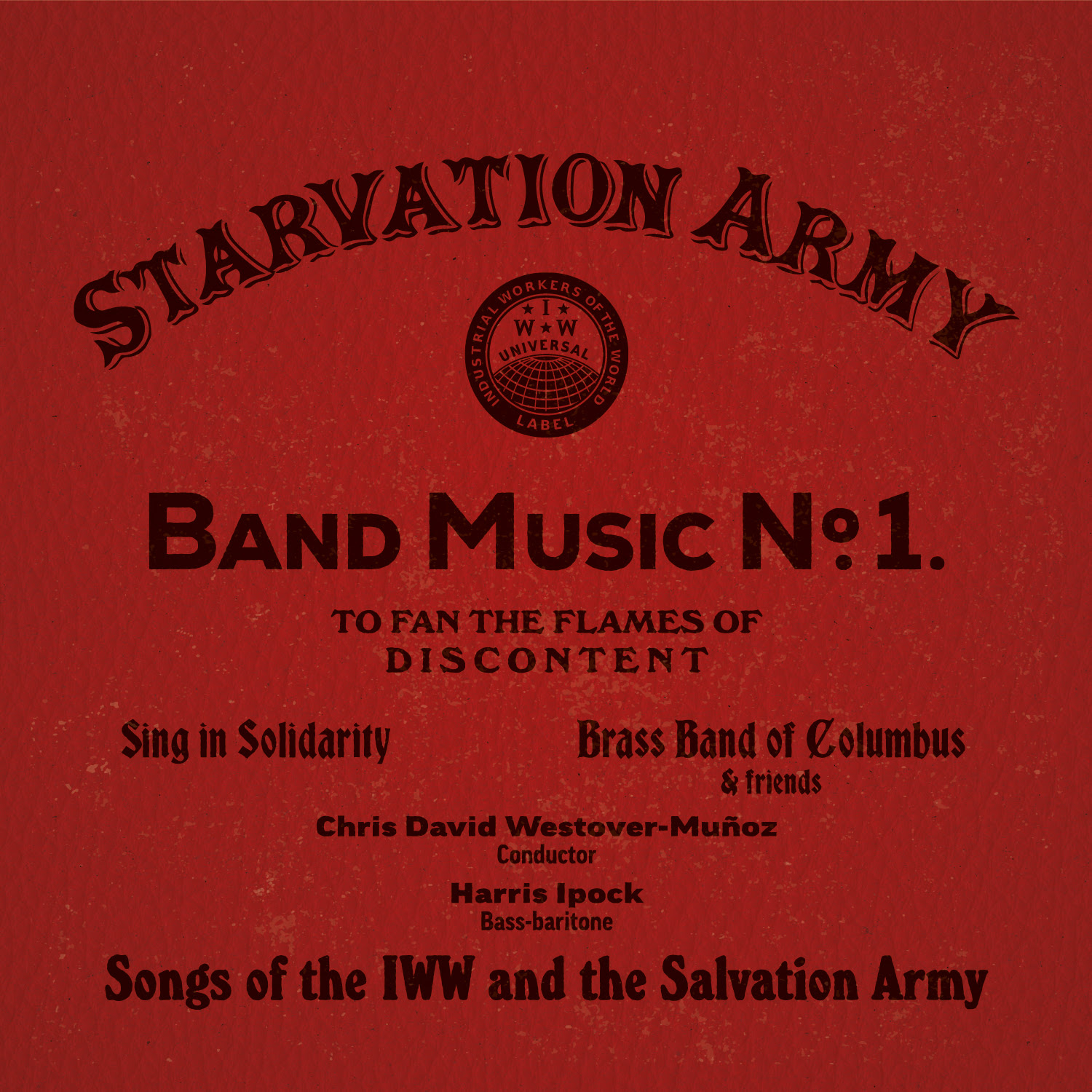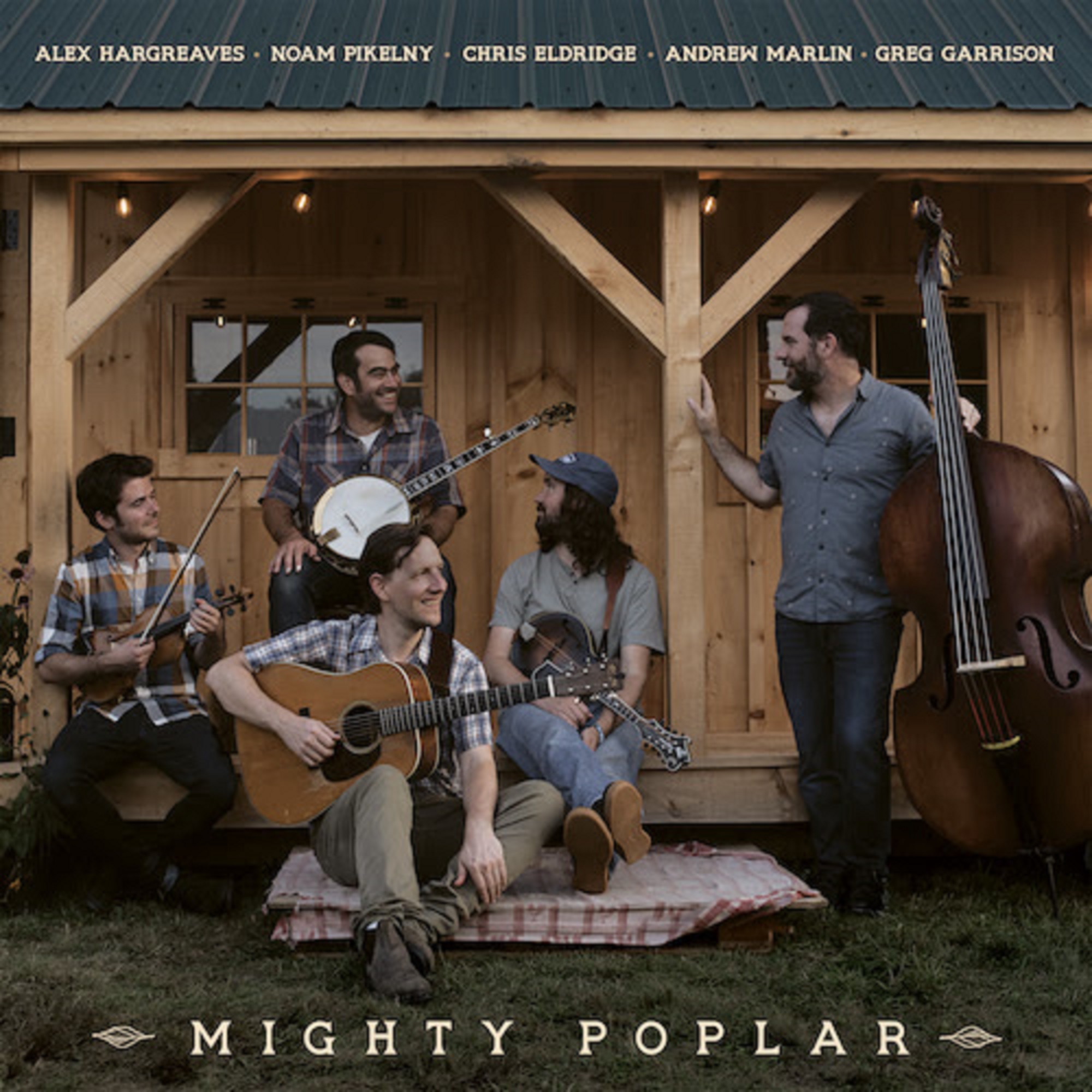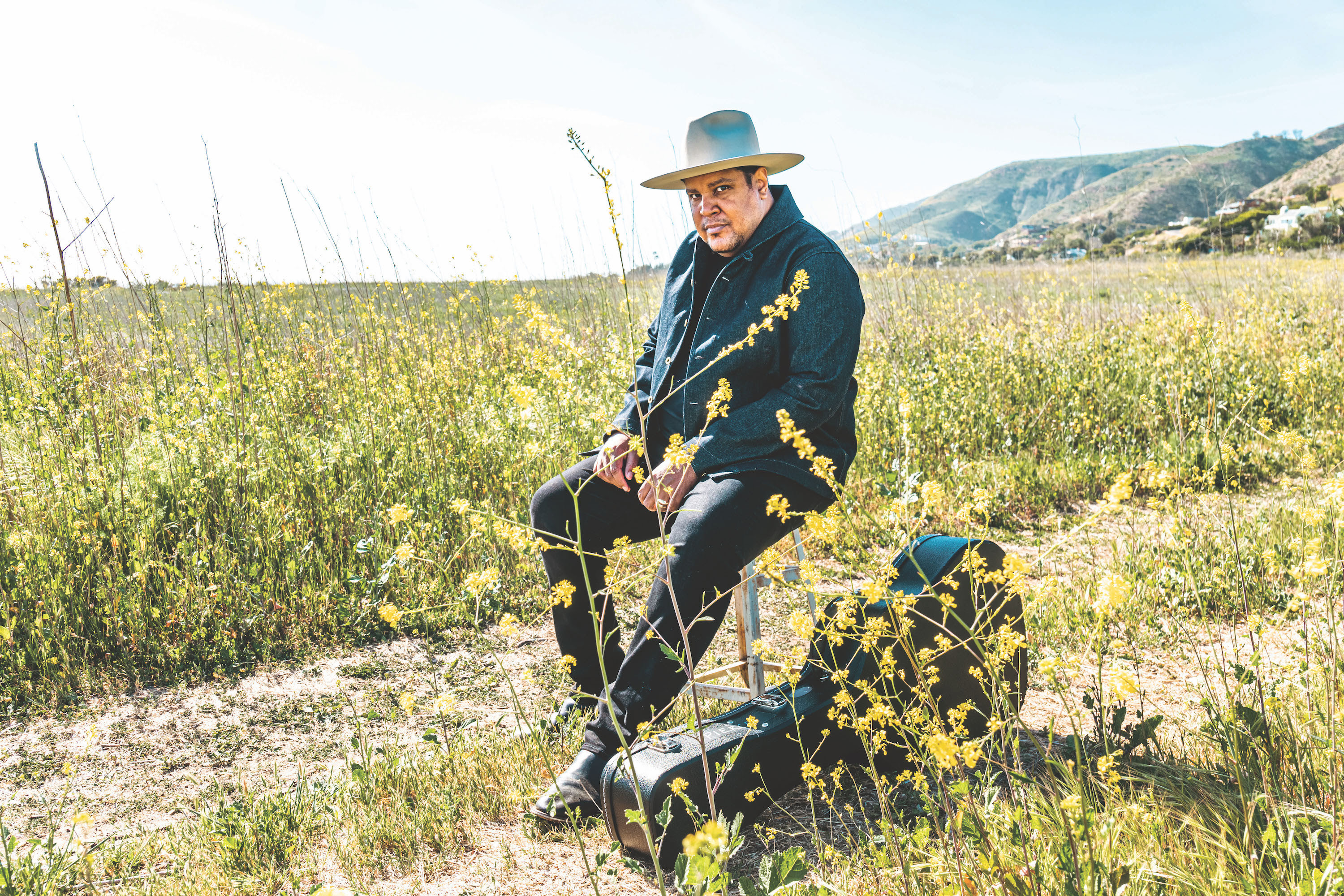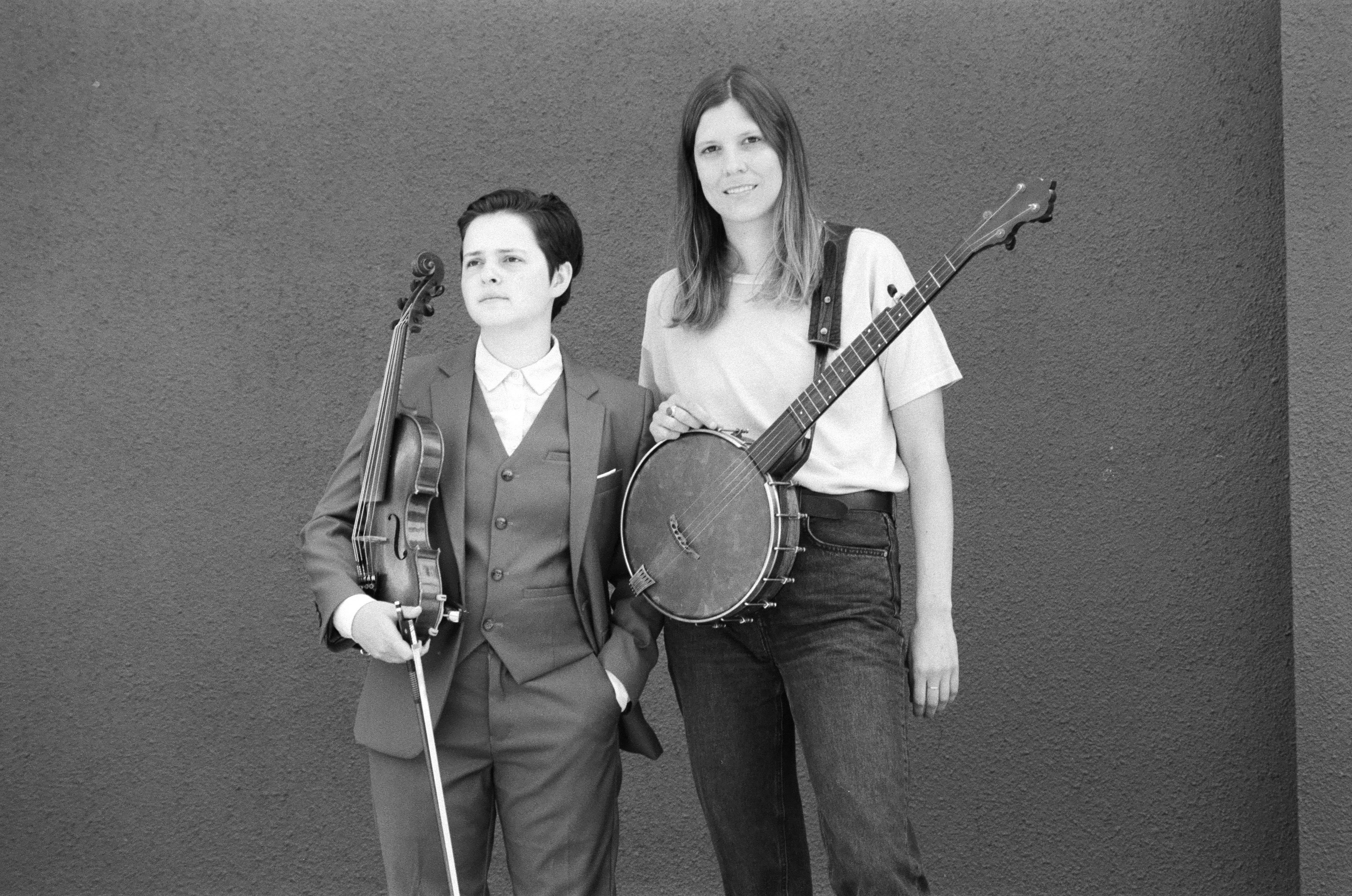The new album from young African-Canadian roots phenom Kaia Kater couldn’t come at a better time. As a new generation takes the reins, American roots music is needed more than ever to remind us of the troubled pathways of our own history. Born of African-Caribbean descent in Québec, Kaia Kater grew up between two worlds: one her family’s deep ties to Canadian folk music in her Toronto home; the other the years she spent learning and studying Appalachian music in West Virginia. Her acclaimed debut album touched on this divide, but her new album, Nine Pin (set for release May 13, 2016 on Kingswood Records), delves even further, and casts an unflinching eye at the realities faced by people of color in North America every day. Her songs on the new album are fueled by her rich low tenor vocals, jazz-influenced instrumentation, and beautifully understated banjo, and they’ve got as much in common with Kendrick Lamar right now as they do with Pete Seeger. True to her roots in Appalachia, the title of the album comes from a traditional square dance formation in which a woman stands alone in the middle of a circle of people turning around her. As a double meaning, it’s also one of the pins in bowling that keeps getting knocked down. Surrounded yet alone, constantly in the line of fire, this album speaks beautifully to the seasons of a young woman’s life.
Recorded in just one day in Toronto, Nine Pin was produced by both Kater and acclaimed Canadian artist Chris Bartos (The Barr Brothers, Jonathan Byrd), who also produced her last album, Sorrow Bound (Kingswood Records). Few artists could pull off such a polished, cohesive album in one day, but Kater felt that this actually lent focus to the project. “This album was written to be something to listen to from start to finish,” Kater explains. As a concept album, Nine Pin weaves between hard-hitting songs that touch on modern issues like the Black Lives Matter movement (“Rising Down,” “Paradise Fell”) and more personal narratives speaking to life and love in the digital age (“Saint Elizabeth”). And while these larger stories are deftly crafted, this is really an album of moments. Kater’s a cappella voice speaking to the loneliness of a city in “Harlem’s Little Blackbird” while solo dance steps echo in the background, the muted hesitancy of Caleb Hamilton’s trumpet breaking the trance of “Little Pink,” the smoke of electric guitar that cuts through “Saint Elizabeth,” the wave-like ebb and flow of piano behind the plaintive love poem “Viper’s Nest…” All of these moments point to an artist wise beyond her years.























